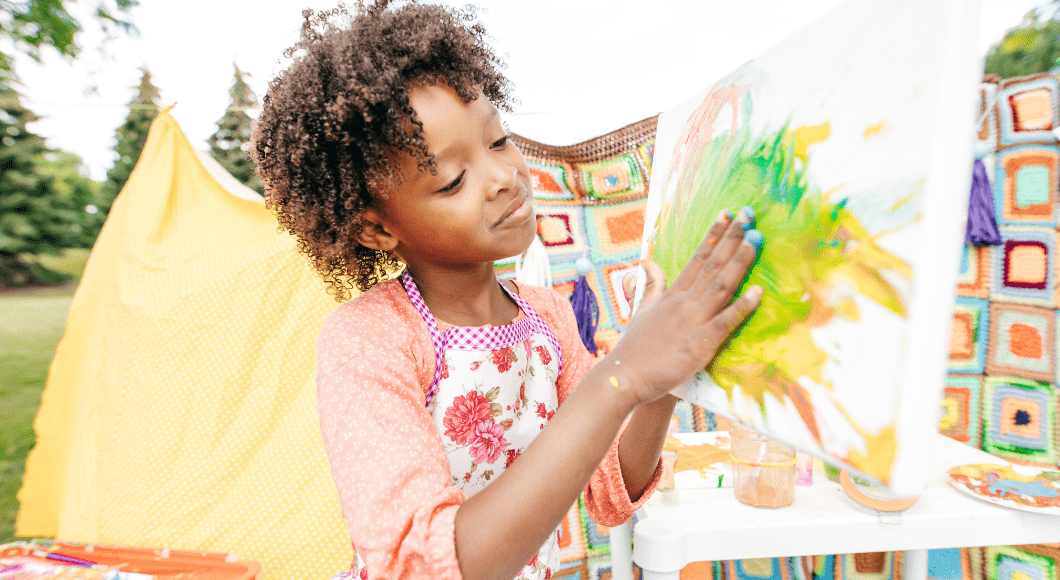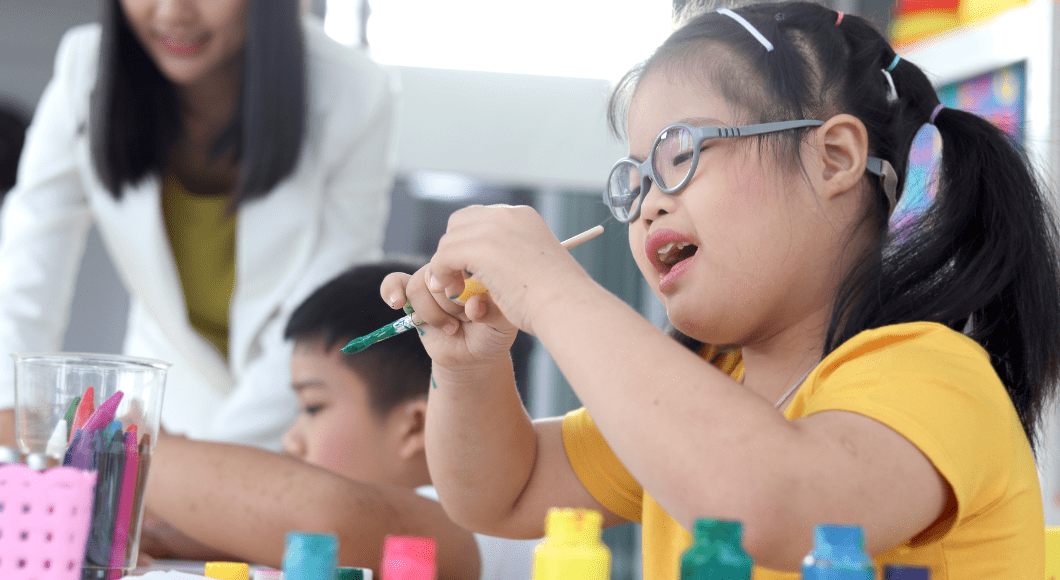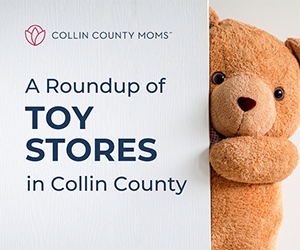 Humans have the innate desire to create. Anything we can produce with passion and determination can be considered creative. Learning how to meet your child’s needs takes creativity on your part.
Humans have the innate desire to create. Anything we can produce with passion and determination can be considered creative. Learning how to meet your child’s needs takes creativity on your part.
To help our children be creative, parents need to gently direct them to accomplish tasks and invent on their own along the way.
Firsthand Joy Trumps Vicarious Joy
Be careful not to use too much time explaining/modeling your methods. Instead, ensure there is plenty of time for your children to try the solutions. It is okay to share your experience, but it is also important not to interrupt their experimentation.
Oftentimes, we want to prevent heartache or failure by “perfecting” their work. When you take a project away, you also take their sense of accomplishment and joy. Even mediocre work can be fulfilling.
>> RELATED READ :: Crafting with Kids without Losing Your Mind <<
Know that Struggle Is Necessary
As a parent, you’ll need to develop the intuition for stepping in or letting your child struggle. A key part of becoming more creative is overcoming adversity.
Adversity means the necessary struggle that it takes to grow or improve. It can be frustrating to watch someone accomplish something the hard way. But for your child to grow, he or she has to experience failure. Your child needs to learn what not to do.
Our children are doing many things for the first time. It is pertinent we don’t steal those opportunities for experience by trying to give them a “shortcut.” Explaining everything may seem faster, but it can be overwhelming to receive so much information. Trust that the environment can be a great teacher.
Not getting their hands dirty can drain them of any passion and curiosity they once had. Success in an activity comes from them mastering the basics, not every tip and trick you’ve picked up. They will learn those with time. Prioritize their learning process.
Be the Safety Net
There may be times when your children are in danger while they are learning. It is more important to protect them than to “let them learn.” Some consequences are more destructive than others. It can take time to recognize which behaviors are dangerous and which ones are a waste of time or replaceable materials.
No matter what, always remind them that you are there to help if they reach a dead end. It is exponentially helpful to talk through a problem with another person to gather ideas and gain a fresh perspective. Knowing you will be there if they get tangled up or frustrated will increase their trust in you and help them feel safe. Learning when they are in danger will take patience and restraint. Be patient with yourself and your child.
 Have Curiosity and Be Interested
Have Curiosity and Be Interested
Your child needs your interest in projects and experiments. When he or she shows you something and wants to explain it, ask questions and make observations. Refrain from saying things like, “See? I knew that would/wouldn’t work.”
Act curious and ask to learn his or her method. Modeling your strategies can be beneficial as long as you don’t assume it is the only way to accomplish the task. Sometimes your child will surprise you.
Have an Open Mind
With creativity comes the great gift of open-mindedness. If you want your child to be open-minded, you need to have an open mind. As parents, we can wrestle with the idea that our children may end up living in a different way than we raised them. That insecurity needs to be faced head-on especially while they are young. That worry can bleed into “small” areas like encouraging creativity and can ruin the connection and memories you wanted to make with your children.
>> RELATED READ :: 20 Creative & Educational Websites for Parents at Home with Their Kids <<
Confidence to Face Challenges
Creating anything provides self-worth and boosts self-esteem. Increasing creativity will give your child more confidence to face challenges later in life. He or she will look back and remember overcoming challenges in that safe environment.
After becoming well-acquainted with failure, your child will no longer feel as much fear when trying new things. Big life decisions will be more manageable as he or she trusts in abilities to solve any problems that come along. Dead ends are sure to keep coming, though, and this is why your parent-child relationship can be a crucial safety net. Always offering to help when needed will give additional security.
At the end of the day, you just want what is best for your child. Provide opportunities that will help him or her problem solve, discover identities, and build grit.
Believe in the process and remember we are all learning together. Your children will appreciate the trust you give them and they will trust you more when you allow them to take the reins on appropriate problems.













